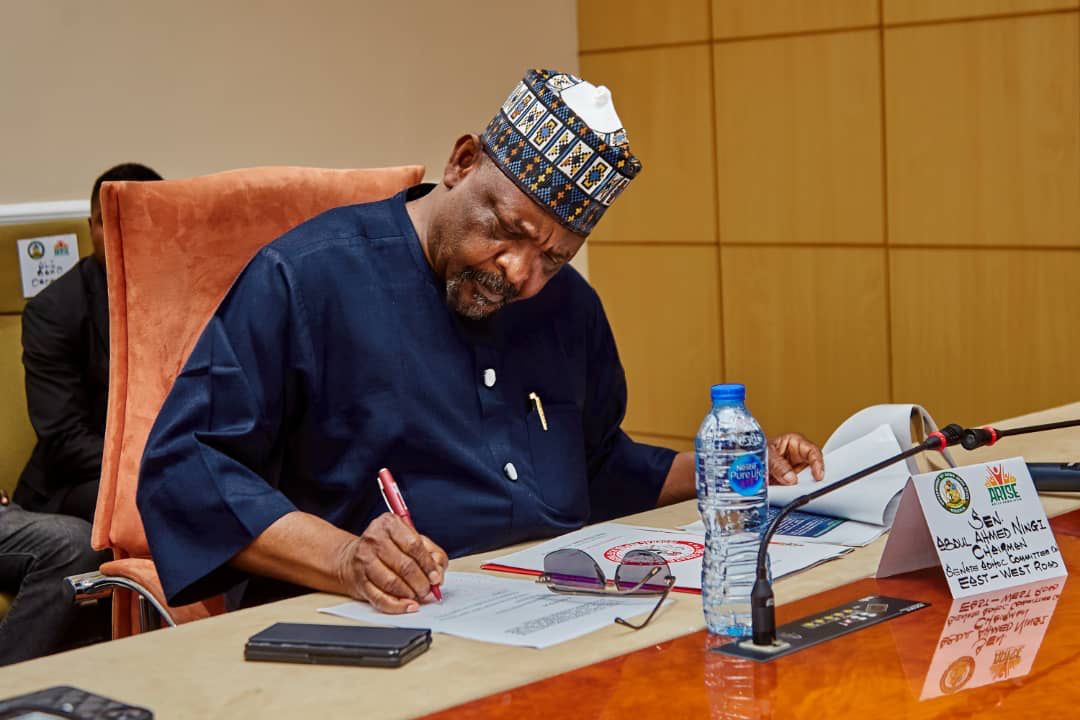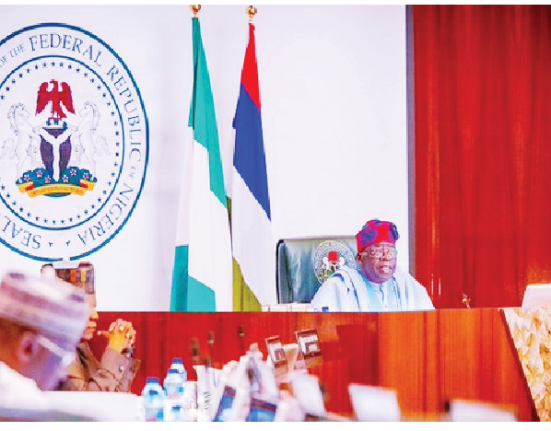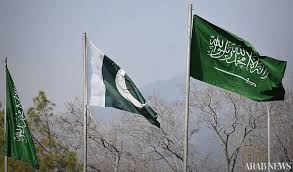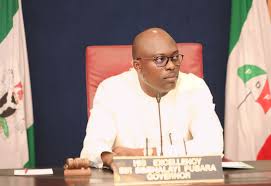Senator Abdul Ningi, representing Bauchi Central Senatorial District, has been seen distributing ₦1,000 to commercial motorcyclists (Okada riders) believed to be members of his constituency.
Ningi, a member of the Peoples Democratic Party (PDP), recently made headlines as the first senator to be suspended under the leadership of Senate President Godswill Akpabio. He was handed a three-month suspension over allegations of budget padding. Following this, he also stepped down as the chairman of the Northern Senators Forum (NSF).
A widely circulated video on social media shows the embattled senator personally handing out cash to Okada riders, an act that has stirred mixed reactions among Nigerians.
Public Reactions and Political Implications
The video was shared online by social media commentator Ayekooto, who highlighted what he described as a double standard in public opinion. He pointed out that while some critics condemned the distribution of Ramadan palliatives by President Bola Tinubu’s son in the North, they remained silent about Senator Ningi’s similar financial handouts.
This development has reignited discussions around political patronage, financial inducements, and the role of money in Nigerian politics, especially as the 2027 elections approach. Observers argue that such gestures raise questions about the influence of financial incentives in voter perception and political loyalty.
While some supporters see Ningi’s actions as a demonstration of grassroots engagement, critics have questioned whether such cash distribution is a sustainable way to address the economic challenges faced by constituents. The debate continues as Nigerians scrutinize the actions of politicians and their strategies for maintaining political relevance.







